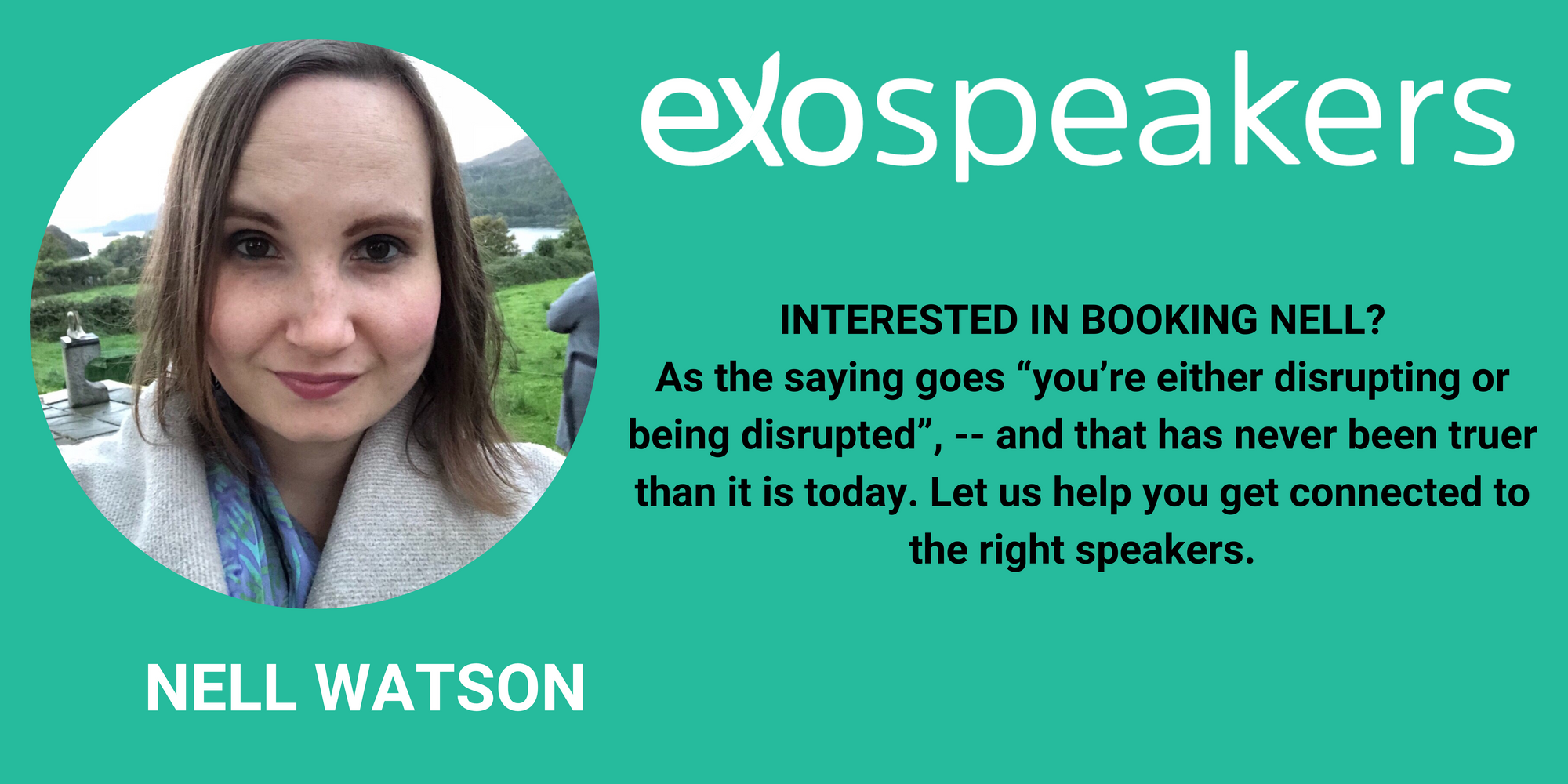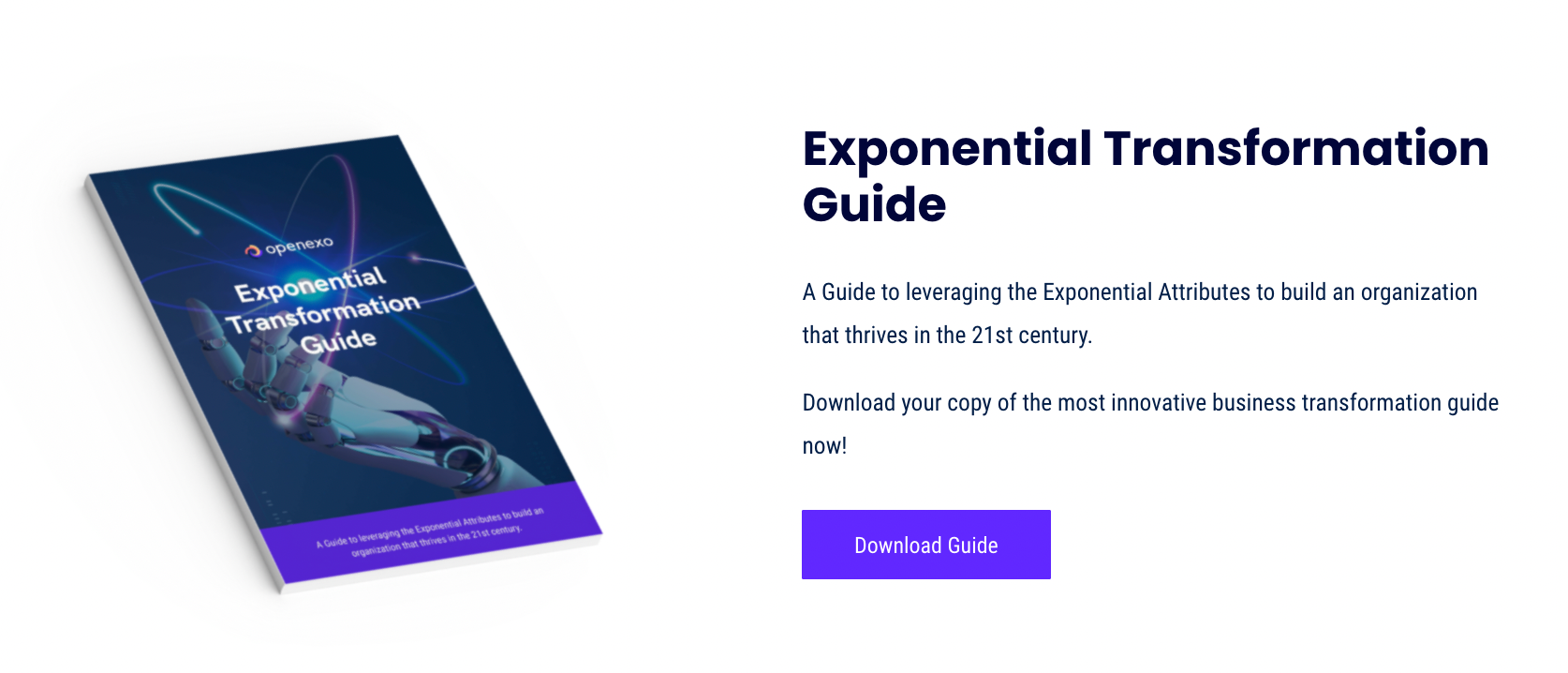
AI, Logistics, and Waste: Making Sense of Chaos
AI helps us to make sense of things and organize them. Crypto helps us to distinguish facts, enhance trust, and align incentives in powerful new ways, making it pay to play nicely. The Internet of people, places, & things, makes processes tangible, connects & becomes meaningful.
Machine Learning is the art of finding patterns in data, and Deep Learning techniques find patterns within patterns. These technologies can help us to make sense of our chaos in ways that were not possible before, and can therefore help to solve wicked problems, or at least to find a few optimizations.
AI can help with predicting problems before they manifest, including in such highly chaotic systems as the weather and macroeconomics. Such an early warning mechanism can help to mitigate issues before they grow unmanageable. AI can also help us to make the most of our limited resources, to optimize logistics, or to find acceptable substitutes where the first choice simply isn't available.
However, despite all this, there's only so much that can be done in the digital world to alleviate a physical logjam. AI may provide a softer landing, but it can't prevent a fall. We're living in a time where getting mass into orbit is becoming extremely cheap, comparatively. This means that powerful satellites are able to watch our world in fine detail, with their sensors greatly enhanced by AI super-resolution techniques. We can track pollution in real-time, tracking where it enters waterways or washes off ships. We can therefore detect costs upon the environment as they happen, pinpointing who is responsible and the cost to global society of that incident.
Being able to quantify pollution in these sophisticated ways empowers regulators and environmental NGOs to hold accountable those who otherwise might escape notice by authorities. For example, the Google Streetview vehicles nowadays contain air pollution sensors. They discovered that the ammonium fertilizer industry in the US emits three times more methane than all other US industries combined. We had no idea, and what we couldn't measure, we couldn't manage. Now things are changing.
An ever-more-connected society is also a more vulnerable one. Connection brings efficiency, but also systemic risk. The more that we rely on automation, the greater impact that a cyberattack or solar flare might have on our economy, as well as our personal and professional lives. There is also a risk of automation bias, essentially giving too much of our agency over to machine decision-making. Putting too much faith in algorithms is easy in a time when they seem to work most of the time, and when the world is too complex and fast-moving for human minds to comfortably manage. Algorithms can perpetuate human biases also, embedding them into faceless systems that are difficult to challenge and also merciless.
The 2020s herald a confluence between the worlds of AI, cryptography, and the Internet of Things. AI helps us to make sense of things and organize them. Crypto helps us to distinguish fact, enhance trust, and align incentives in powerful new ways, making it pay to play nicely. The Internet of people, places, and things, makes these processes tangible, connecting them to the environment we live within using terms that are meaningful to us. These elements together represent much more than merely the sum of their parts.
In the past two years powerful new AI technologies have emerged. These are based around multimodal data (lots of different kinds, including images, audio, video, and text, of different categories), as well as abstraction processes (using prompts to ask the AI to do things, and providing an instructive example). These systems are very large and powerful, requiring enormous amounts of data and training time. However, they are generally worth the investment, as the models are able to deal with tens of thousands of problems, instead of just one or two like a typical Deep Learning system. The best known of these new systems is OpenAI's GPT-3, which has created a revolution in AI, not only due to its prodigious capabilities, but also by being accessible to anyone through a few simple lines of code to send requests, with no need to host an AI system oneself. This has led to the rapid prototyping of many amazing demonstrations.
AI is making rapid strides in the reliability and capability of last-mile delivery. However, the real world is very complicated, and some human supervision is often required ad hoc, as problems may arise. Over time, the system will adapt to include these examples in its training, relegating human input to dealing with increasingly strange edge cases. It's possible to render realistic 3D environments, playgrounds for AI to learn about the world within, provide an opportunity to encounter situations that are rare in real-life, or which would be expensive to set up as a demonstration. Human tutors for AIs will be a huge growth sector, as they work together, in both the virtual and physical worlds, to help AI to master new challenges.
That co-evolution between humans and machines will unlock a spark of mutual creativity, helping us to handle various forms of chaos all the better.
This article was originally featured here on Nell Watson's site.


ExO Insight Newsletter
Join the newsletter to receive the latest updates in your inbox.









